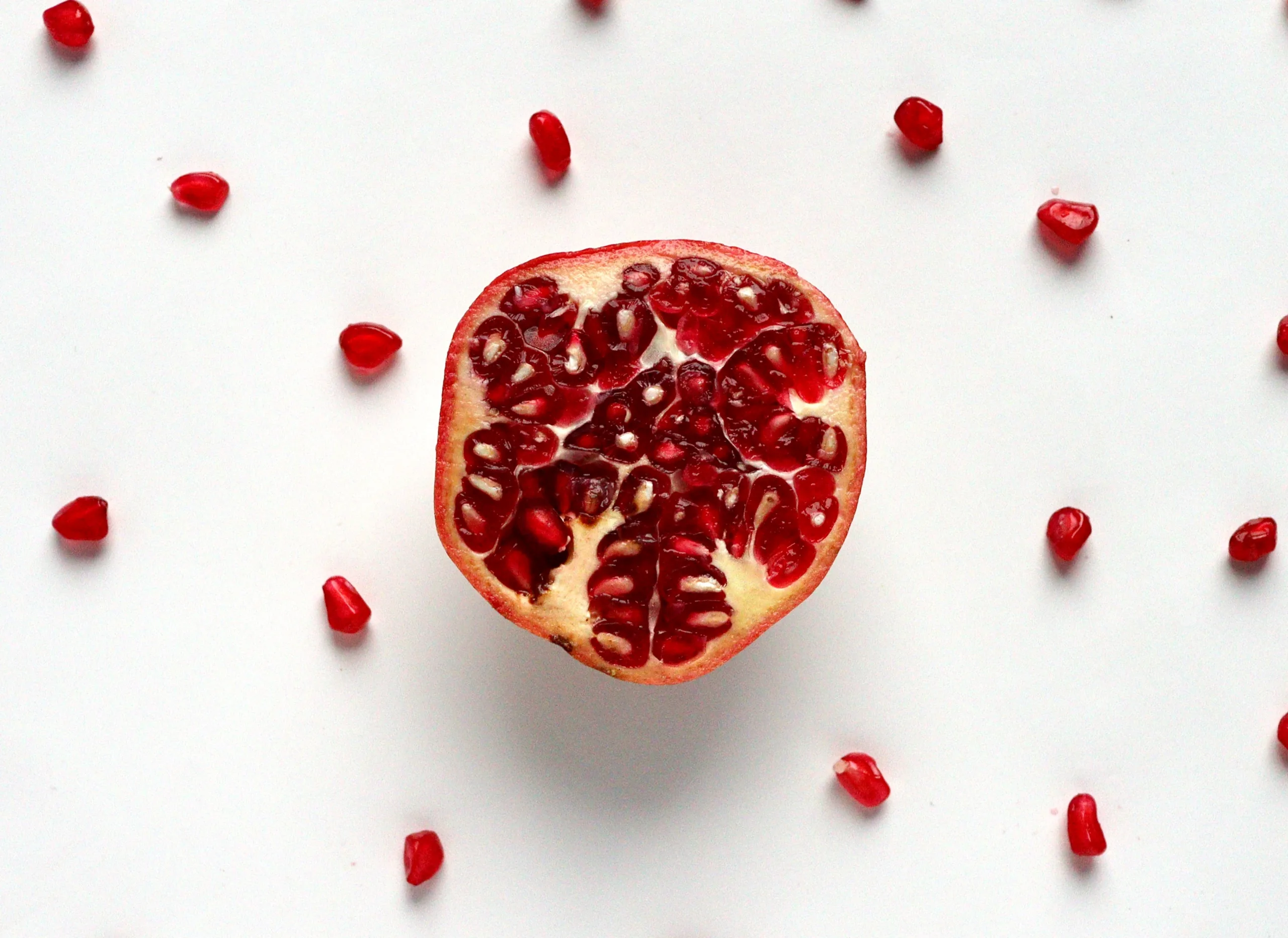Pomegranate, with its juicy and vibrant arils, is a popular fruit enjoyed by many humans. As responsible pet owners, we may wonder whether cats can share in the delight of this delicious fruit. In this comprehensive guide, we will explore the safety of pomegranate for cats, identify fruits that are toxic to felines, delve into cats’ preferences for pomegranate seeds, and provide guidance on what to do if your cat accidentally consumes pomegranate.
Introduction
As loving pet owners, we strive to provide our cats with a balanced and safe diet. While pomegranate may be a delightful treat for us, it’s essential to consider whether this fruit is suitable for feline consumption. In this guide, we will explore the potential risks and benefits of cats eating pomegranate, as well as provide valuable insights into other fruits that should be avoided due to their toxicity to cats.
Can Cats Eat Pomegranate?
No, cats should not eat pomegranate. Pomegranate contains compounds that can be harmful to cats, specifically theobromine and caffeine. These substances are part of a group called methylxanthines, which are toxic to cats and can cause adverse effects on their health.
The Nutritional Value of Pomegranate
While pomegranate is known for its high antioxidant content and potential health benefits for humans, cats have different dietary requirements and should not consume this fruit. Cats are obligate carnivores, meaning they rely primarily on meat for their nutritional needs. Offering cats fruits or vegetables can disrupt their balanced diet and lead to digestive issues.
Fruits Toxic to Cats
In addition to pomegranate, there are several other fruits that are toxic to cats and should be strictly avoided. These include grapes, raisins, cherries, and citrus fruits. These fruits can cause gastrointestinal upset, kidney damage, and other serious health complications in cats.
Cats’ Preference for Pomegranate Seeds
While some cats may show curiosity towards pomegranate seeds due to their bright color and texture, it’s essential to prevent them from consuming any part of the fruit. Cats’ taste preferences are vastly different from humans, and their digestive systems are not equipped to process fruits and vegetables in the same way.
What to Do If Your Cat Ate Pomegranate
If you suspect that your cat has ingested pomegranate or any other toxic substance, it’s crucial to seek immediate veterinary attention. Theobromine and caffeine toxicity can lead to symptoms such as vomiting, diarrhea, rapid breathing, increased heart rate, and even seizures. Prompt medical intervention is essential to minimize the potential harm and ensure your cat’s well-being.
Frequently Asked Questions (FAQs)
Q1: Can cats eat pomegranate seeds without the skin or arils?
No, cats should not eat any part of the pomegranate, including the seeds, skin, or arils. Pomegranate contains compounds that are toxic to cats and can lead to health complications.
Q2: What should I do if my cat accidentally ate a toxic fruit?
If your cat accidentally ingests a toxic fruit, such as pomegranate or grapes, contact your veterinarian immediately. Theobromine and caffeine toxicity can have serious consequences, and timely medical attention is crucial.
Q3: Are there any fruits safe for cats to eat?
While fruits are not a necessary part of a cat’s diet, some cats may enjoy small amounts of safe fruits, such as small pieces of ripe banana or watermelon. Always consult with your veterinarian before introducing any new food to your cat’s diet.
Q4: Can cats eat pomegranate-flavored treats?
It’s best to avoid giving cats any pomegranate-flavored treats or foods, as they may contain artificial additives or compounds that can be harmful to cats.
Q5: How can I keep my cat away from toxic fruits and plants?
To prevent your cat from accessing toxic fruits or plants, keep them out of reach or place them in areas that are inaccessible to your cat. Additionally, familiarize yourself with common toxic plants and fruits to ensure your cat’s safety.
Conclusion
Cats should not eat pomegranate or any other toxic fruits, as they can have harmful effects on their health. As obligate carnivores, cats have specific dietary needs that are best met with a balanced and appropriate diet formulated for their well-being. To ensure your cat’s safety, always keep toxic fruits out of reach. Be cautious when offering any new foods to your feline companion. In case of accidental ingestion of a toxic fruit, seek immediate veterinary attention to protect your cat’s health and well-being.
Click here for more
